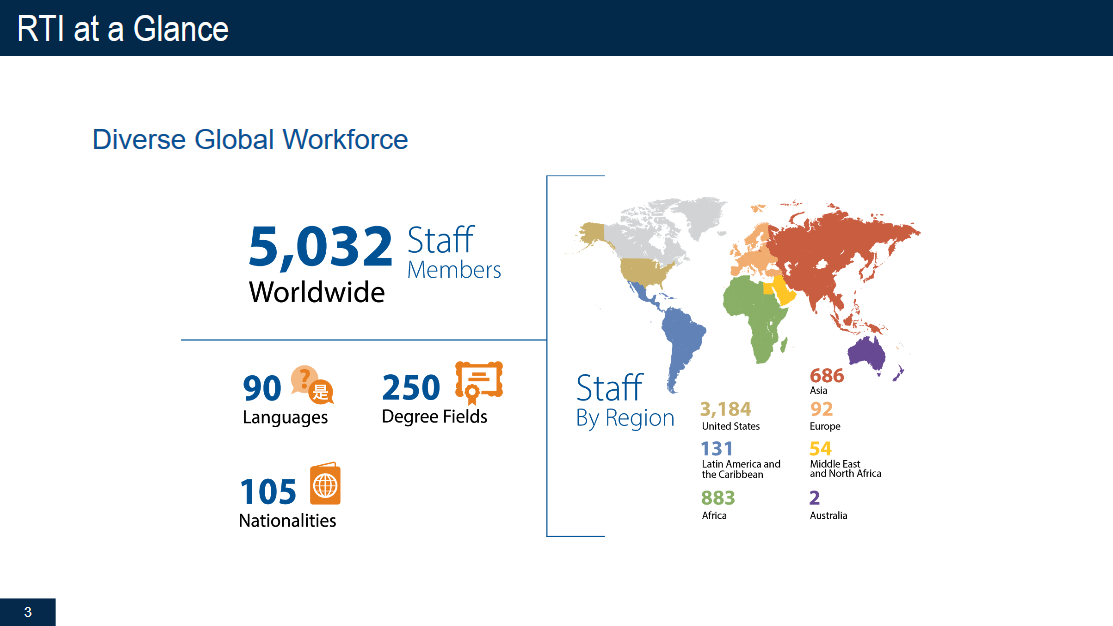Last week, we hosted our 13th annual eXtyles User Group Meeting, affectionately known as XUG. More than 50 eXtyles users and partners, from first-time to longtime attendees, gathered at the Sheraton Commander in Harvard Square to discuss eXtyles, metadata, technology, and publishing in the 21st century.
All about metadata
This year, XUG hosted an expert panel on a key topic for us and our customers and partners: “Metadata: How Much More Complicated Can It Get?” Our first three panelists walked us through metadata-related change scenarios in their own very different contexts. Terry Ehling of MIT Press discussed her press’s overall metadata strategy, which has included hiring a full-time metadata specialist; Gabriel Harp of Cell Press and Rob O’Donnell of Rockefeller University Press described how their presses have implemented the CRediT taxonomy and ORCIDs, respectively. To wrap up the panel, Chuck Koscher of Crossref explored the many things Crossref does (and enables users to do) with all the metadata submitted by members – and what can go wrong when submitted metadata are inaccurate or incomplete.
Breakout table wrap-up
Themed breakout tables were a hit at XUG 2016, so we brought them back this year! Inerans and eXtyles users gathered in small groups to discuss five thematic topics:
- Author metadata (ORCID, CRediT, and Funding Data): After some discussion of the nightmare of bad metadata, this table, with guest moderators Chuck Koscher (Crossref) and Debbie Lapeyre (Mulberry), saw lively discussion of how to cite preprints and whether/how to indicate preprint status in XML. Most participants said their organizations are collecting funding information at submission but struggle with discrepancies, because for multi-author papers, submission and acknowledgments are often handled by different authors.
→ Please send your examples of references to preprints to [email protected]! - Workflow changes: This table produced some great advice on managing technology and staff changes in publishing organizations, including the need to communicate and ensure that people understand why the change is happening, recognizing the value of existing processes, and identifying key staff members to champion the change and serve as an internal resource.
- eXtyles workflows: At this table, users discussed how their organizations use eXtyles — Who does what with each manuscript? When in the process are corrections made? Where in the workflow are comments inserted by eXtyles Advanced Processes addressed?
- MathType: Daniel Marques, CTO of Wiris (new owners of MathType), joined us at this table to learn what users of eXtyles and MathType would most like to see from MathType in the future. Consensus suggestions include more format options for graphic export, identifying ill-formed equations (e.g., those including both equation fields and plain text), and batch conversion of single-character “equations” after conversion from LaTeX to Word. We were excited to hear that long-range plans include moving to MathML as the underlying format of MathType!
- At the perennially popular Customer suggestions for new eXtyles features table, suggestions included:
- Adding a reference type for data sets
→ Please send your examples of references to data sets to [email protected]! - Author restructuring (e.g., affiliation sorting, ordering, validating affiliations)
- Automated comparison of author contributions against the author list
- A means of feeding metadata changes in the Word document back to the submission system
- Adding a reference type for data sets
And now, the new features you’ve been waiting for…
Inera’s Elizabeth Blake and Robin Dunford treated attendees to a live demo of new eXtyles features! These features include:
- Enhanced Auto-Redact
- Update Stale Metadata option
- Reapply Styles feature
- New Cleanup/Post-Processing Cleanup tools
- Improved ORCID integration
Descriptions of these features are included in the slides from their talk, or you can read all about the new features here.
“Turning the ship”: Workflow change at RTI International
A big XUG thank-you to Marceline Murawski and Nathan Yates of eXtyles customer RTI International, who took us through the multi-stage, iterative process they have used in implementing a new eXtyles-based workflow in their organization, using a combination of top-down mandates, bottom-up “peer champions,” Skype groups and other strategies to reach off-site staff, and small-group in-house training.

While most eXtyles customers operate on a much smaller scale, we can all learn from RTI’s thoughtful, well-strategized approach to handling large-scale workflow change.
Industry updates
In the best XUG tradition, Bruce Rosenblum wrapped up the day with wide-ranging updates from around the publishing and technology spaces. Check out Bruce’s slides here!
Thank you!
We want to thank our guest speakers, Terry Ehling (MIT Press), Gabriel Harp (Cell Press), Chuck Koscher (Crossref), Marceline Murawski (RTI International), Rob O’Donnell (Rockefeller University Press), and Nathan Yates (RTI International), as well as guest moderator Daniel Marques (Wiris) and our Friday afternoon course instructors, Debbie Lapeyre and Tommie Usdin (Mulberry Technologies), for sharing with us their experiences and insights on the changing landscape of publishing.
We also want to thank you, dear eXtyles user, for continuing to make XUG our favorite two days of the year. If you missed XUG, all Inera and guest presentations are available on the XUG Archive.
We hope to see you all next year!